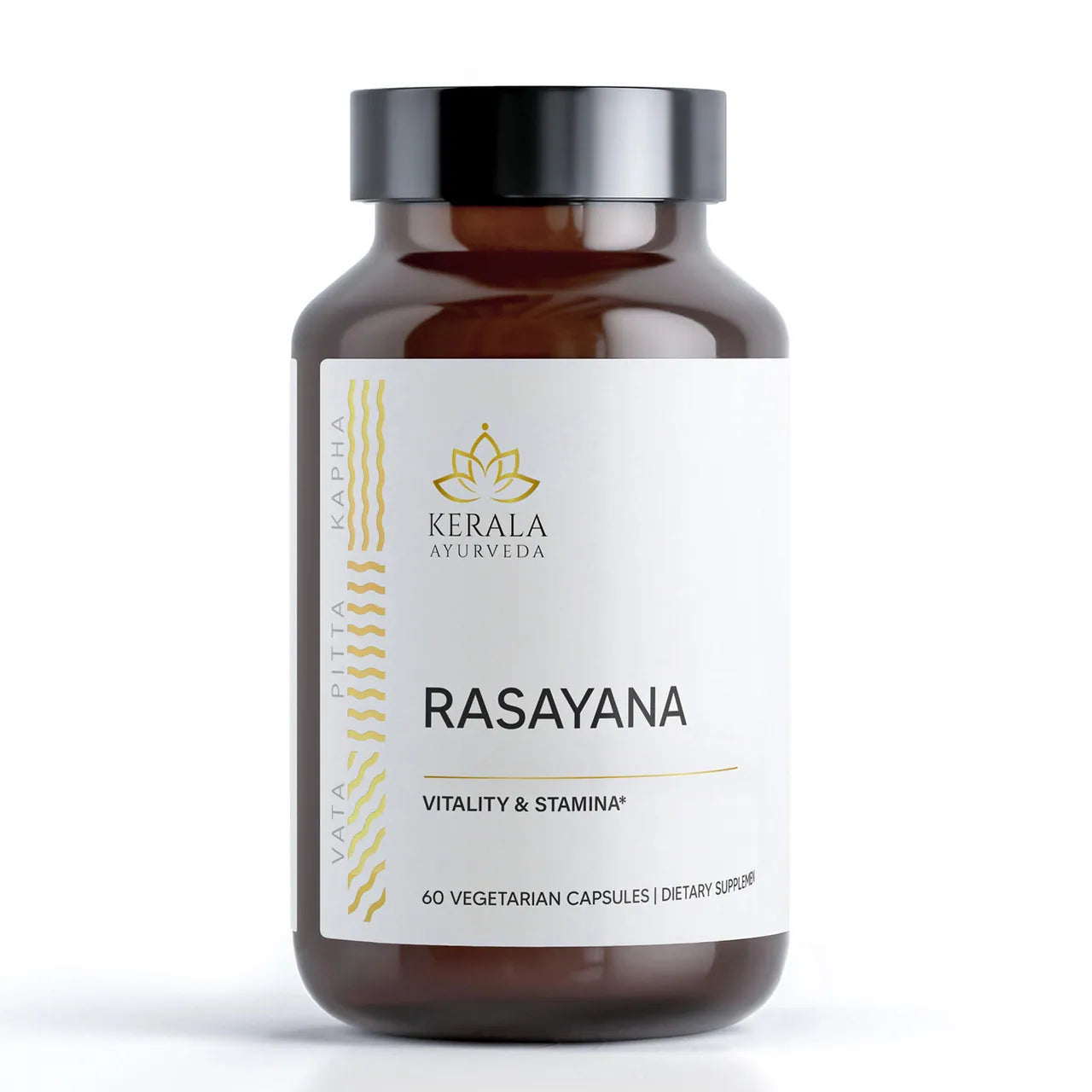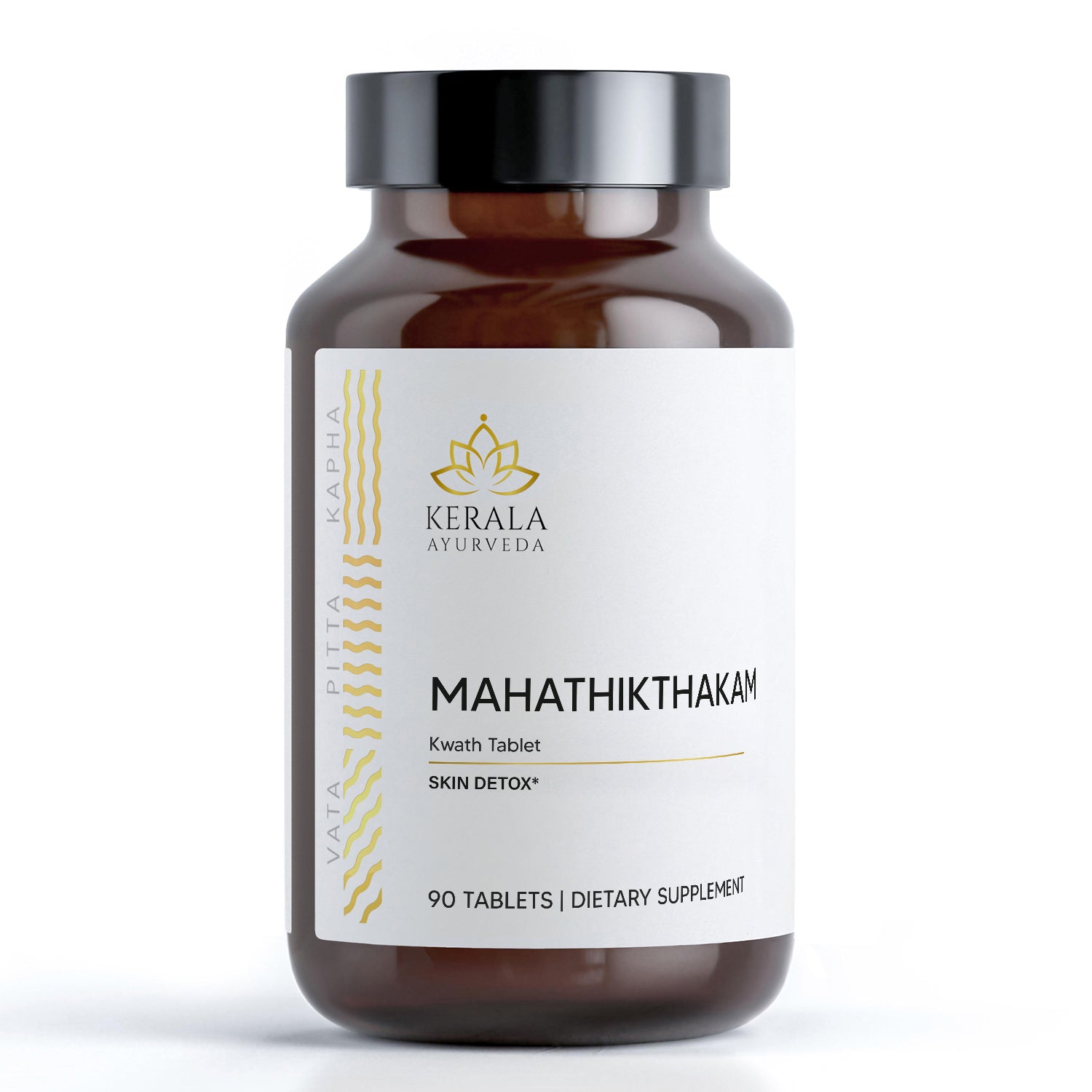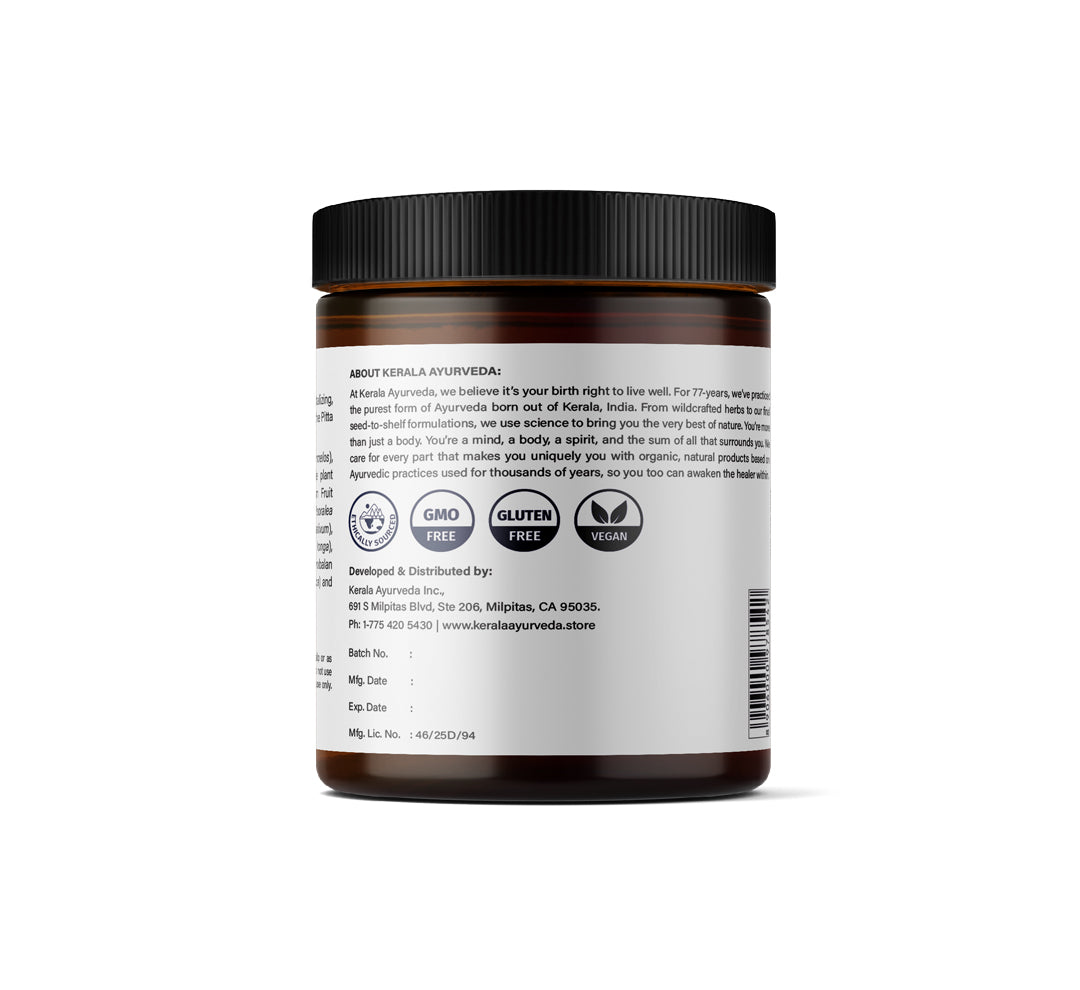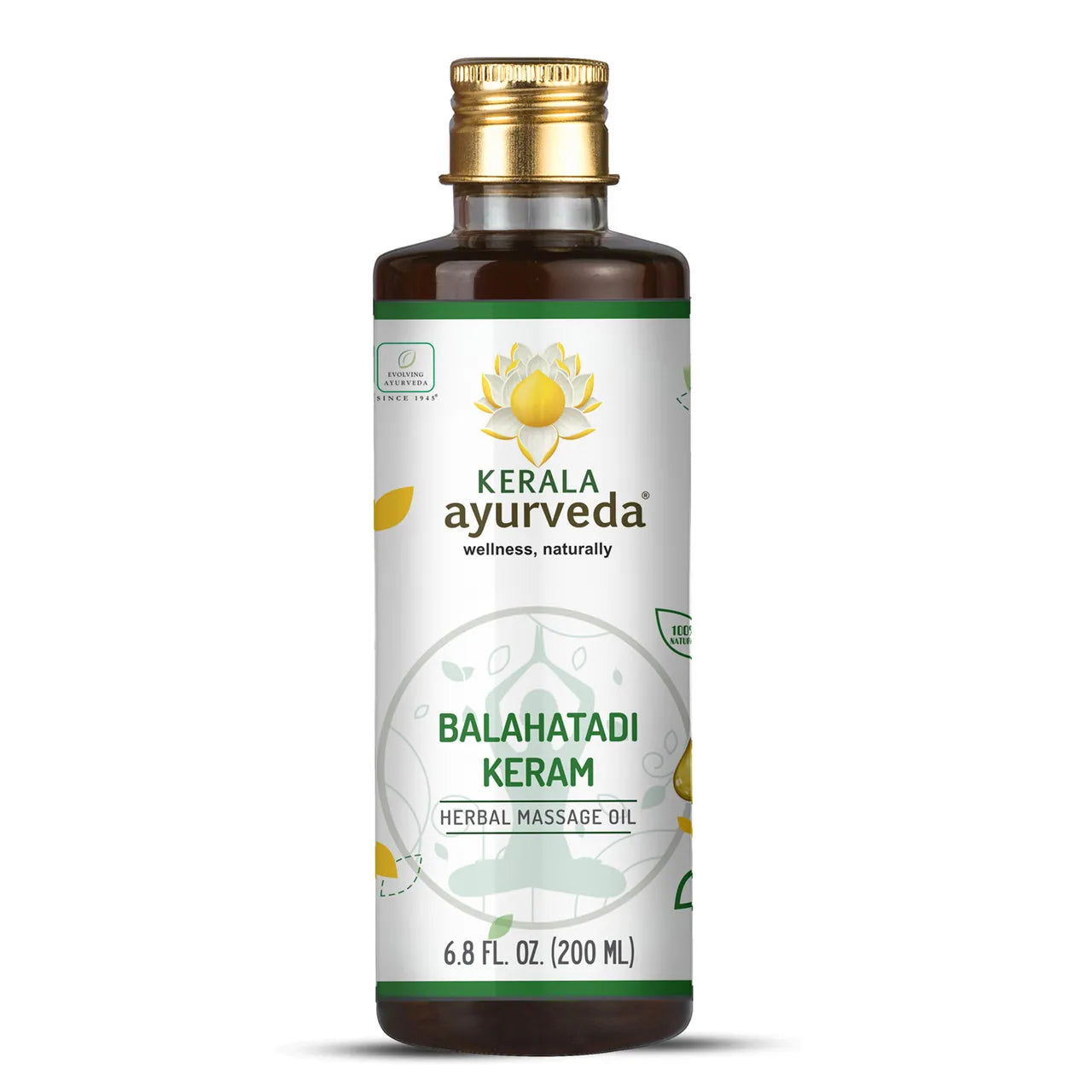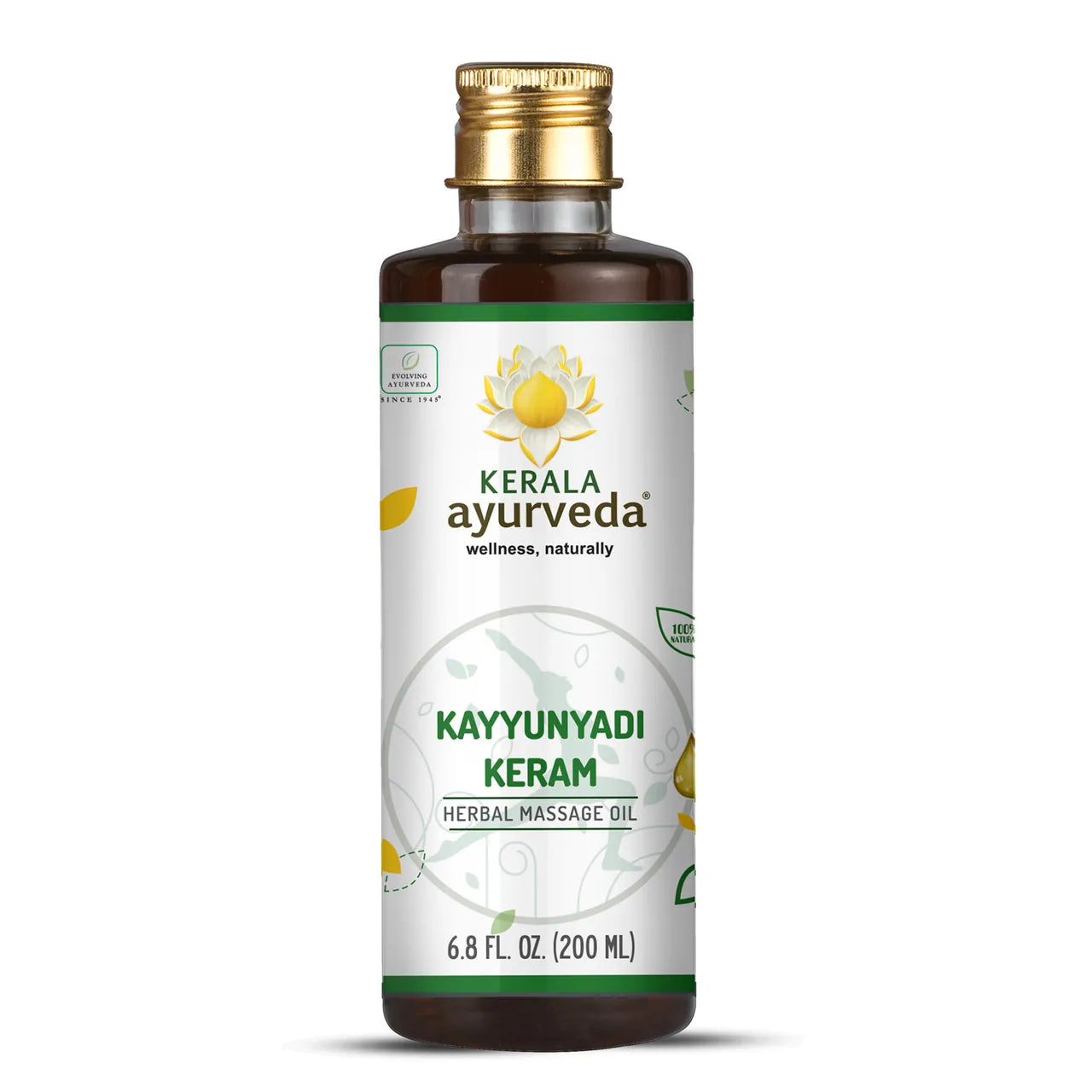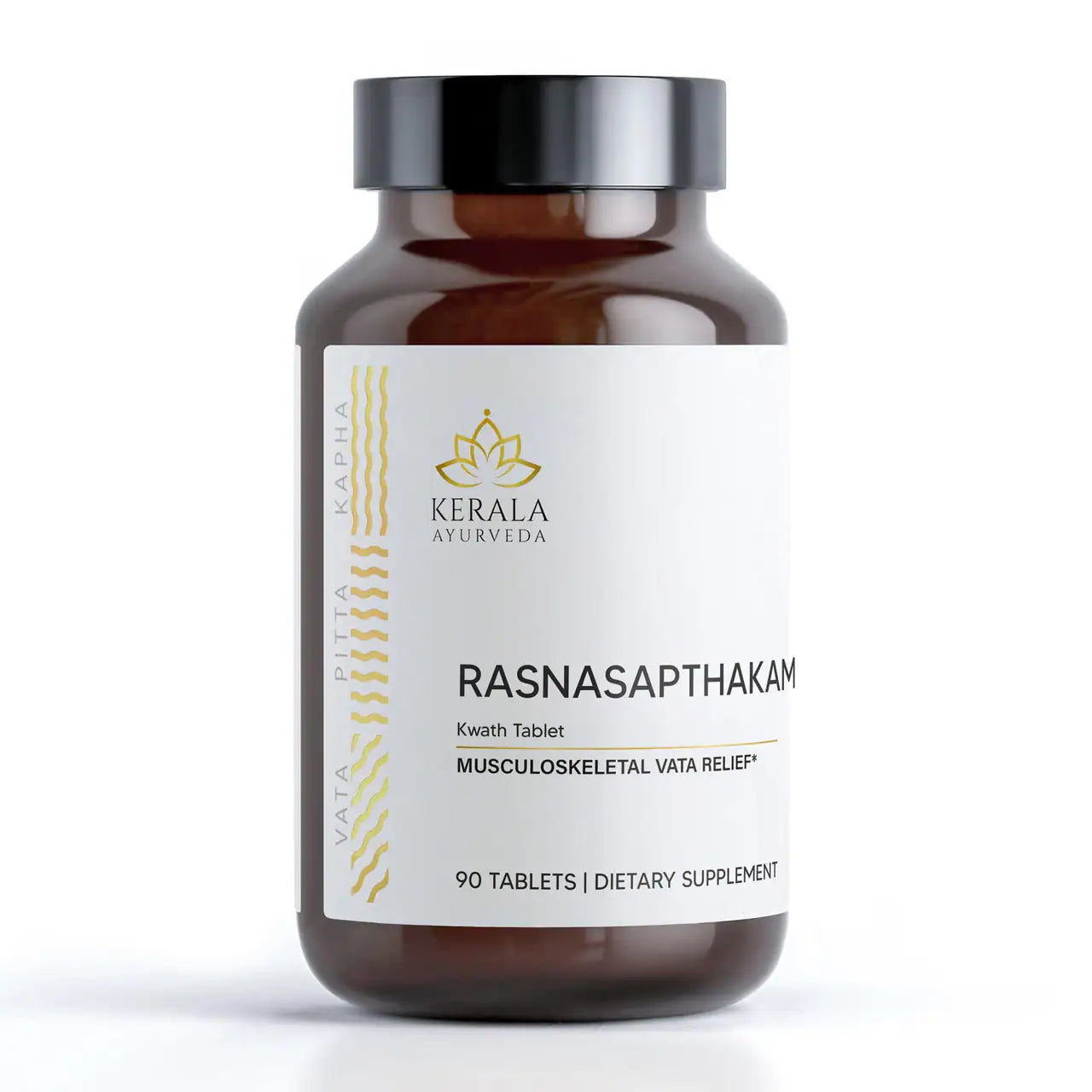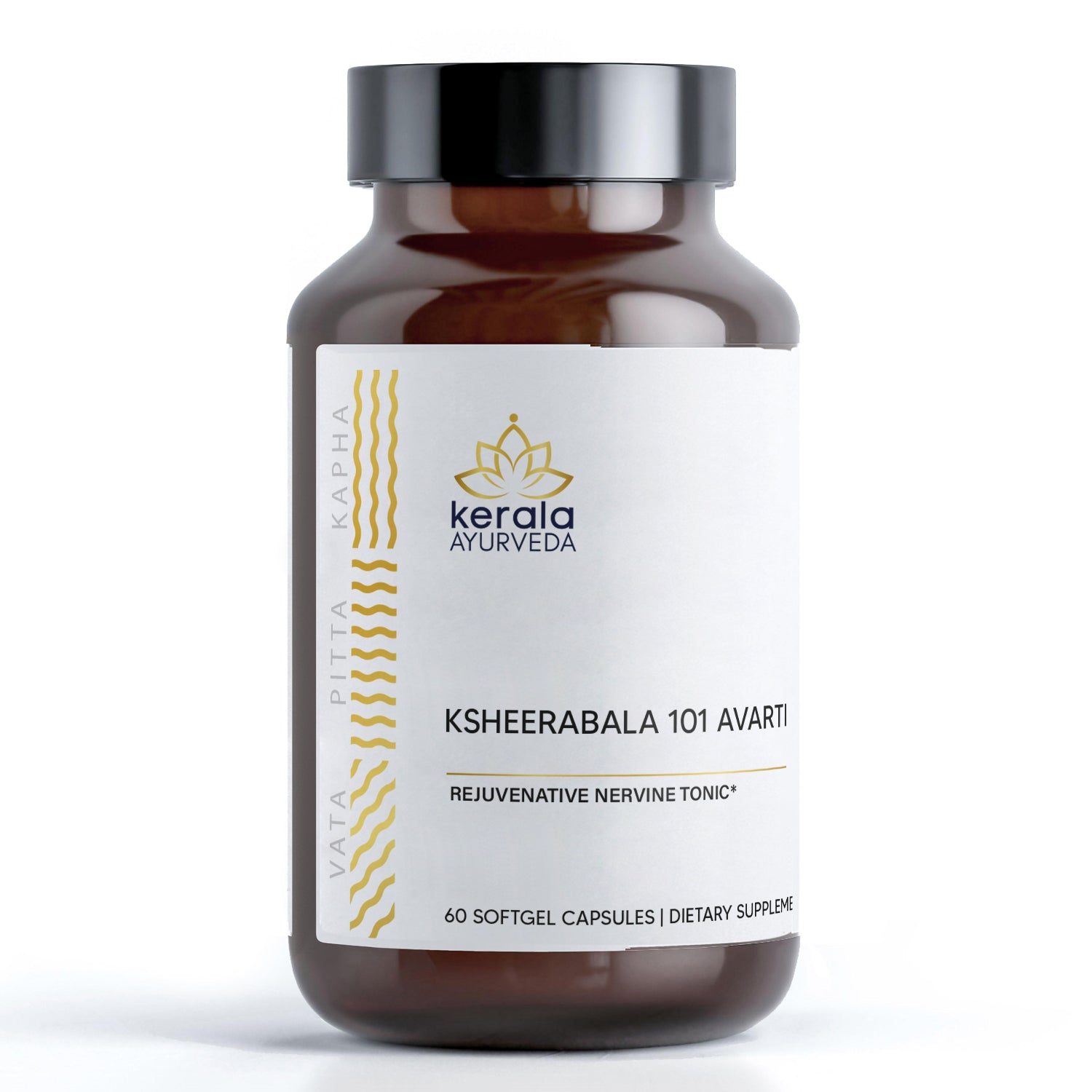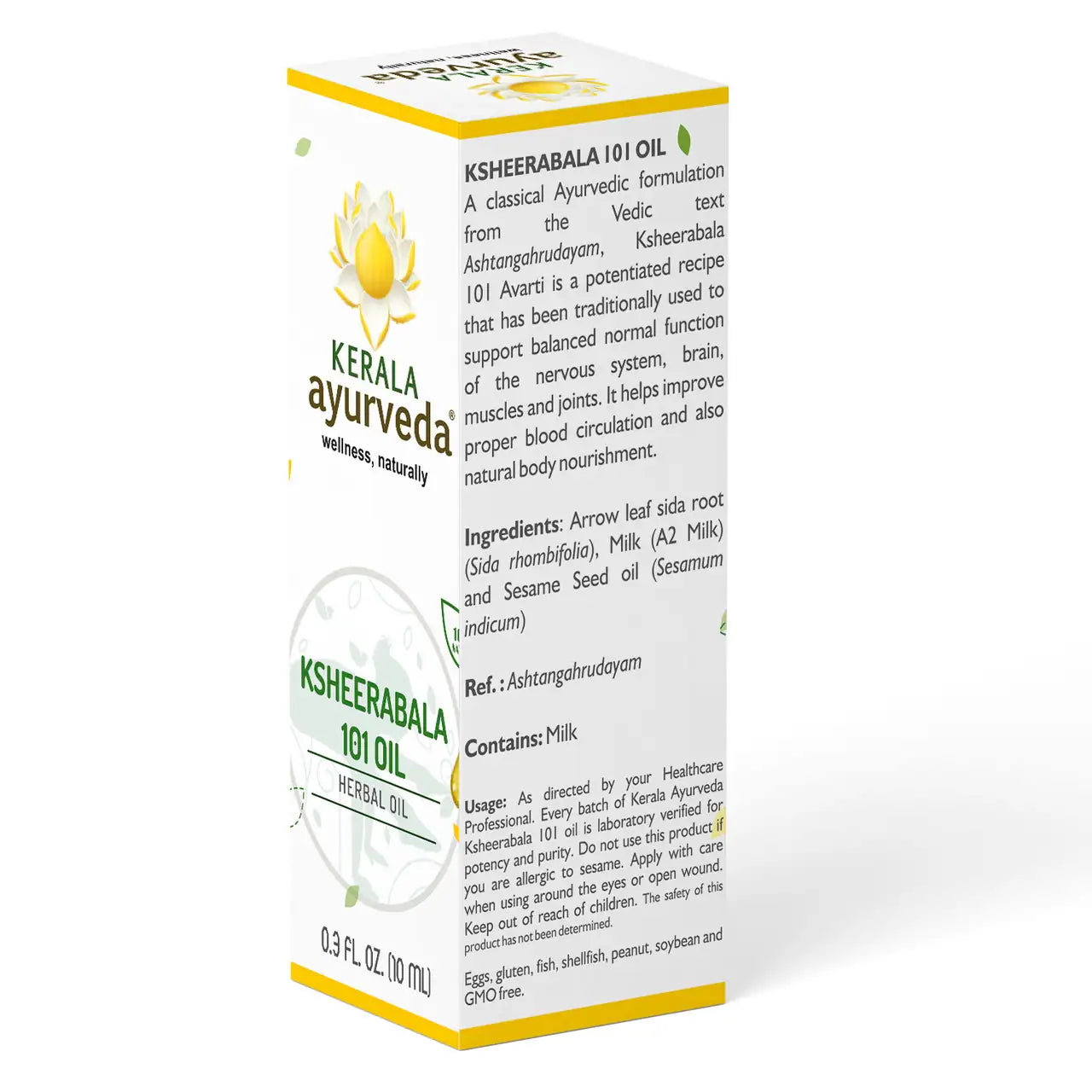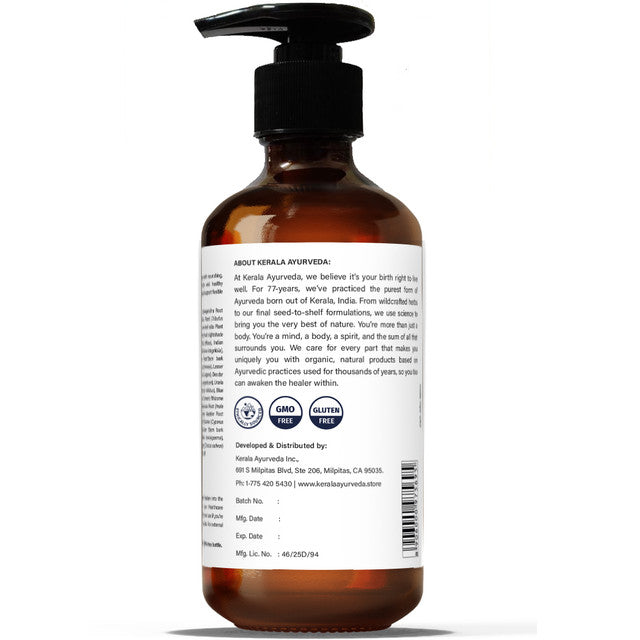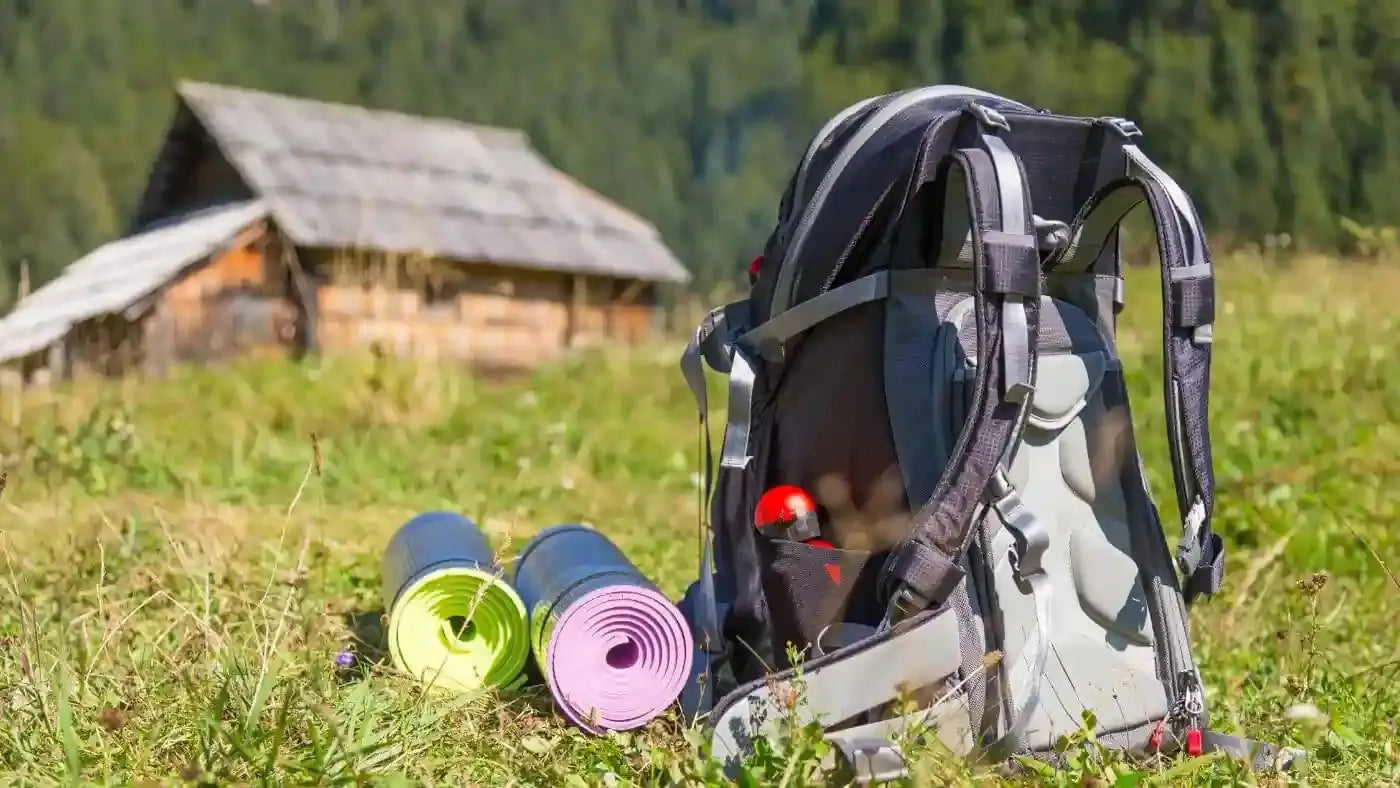Highlights
Travel can be exciting as well as anxiety-provoking. You plan a vacation to enjoy some time off and explore new places, though the act of traveling can come with unpleasant side effects such as anxiety, jet lag, motion sickness, indigestion, and fatigue. Ayurveda, the ancient Indian system of holistic health, offers many solutions to prevent and manage the imbalances that pop up during travels. In this article, we’re talking specifically about summer travel tips, though many of the tips can be applied year-round.
A holistic approach to travel health means you can address emotional, physical, and mental well-being. This is accomplished by working with the elements and Doshas. There are five elements according to Ayurveda - earth, water, fire, air, and ether. These five elements make up the three Doshas, or energetic forces that pervade everything in the universe. The Doshas are Vata, Pitta and Kapha. You can learn more about the Doshas here, though we’ll explain what you need to know about them in this article as it relates to your travel self-care.
Vata Dosha
Each Dosha is made up of a combination of elements and possesses unique qualities expressed by those elements. Vata Dosha is made up of air + ether. Ether, or space is the most subtle of all the elements and is characterized by lightness, connectivity, and transcendence. Space is both empty and full of potential all at once, just like the riveting possibility of an unknown adventure. Air is also subtle, mobile, cold, dry, and rough like the wind. Combined, air + ether creates Vata Dosha, which is the energy responsible for all movement in our world. Physical movement like travel depends on Vata, as does communication, the microscopic movements of cellular activity in our bodies, as well as the grosser movement of food through our bellies.
Vata Dosha is the ruler of travel, and all movement increases Vata Dosha. This means that when you’re walking, driving to work, or traveling on an airplane, you’re increasing the Vata Dosha in your mind and body. With an increase in Vata Dosha comes an increase in all of its qualities. This isn’t necessarily a problem for some people who need more movement, cold, or dryness to stay balanced. An individual experiencing some stagnation or overheating, for example, may find that movement helps them loosen up what is stuck and bring in fresh energy, like taking a walk in the morning after sleep. Meanwhile, an individual who is already experiencing a predominance of Vata Dosha may find travel challenging, as the excess activity could be depleting.
Everyone has a unique balance of the three Doshas from birth, as well as potential imbalances in these Doshas over time. Your experience with travel is therefore going to be unique as well, based on your constitution and imbalances. This is why some people find travel easier than others. If you tend to struggle with travel side effects, it can be helpful to follow Ayurvedic tips for balancing Vata Dosha.
Signs of a Vata imbalance
- Anxiety
- Forgetfulness, spaciness
- Fatigue or low-energy
- Irregular appetite
- Bloating, gas, constipation
- Insomnia and sleep irregularities
- Joint and muscle pain
- Dryness
- Poor circulation
- Motion sickness
- Mood swings and emotional instability
The Vata imbalances are very similar to common travel complaints, and that’s no coincidence. Travel is a Vata activity by nature, so we would only expect this! This is why we call Ayurveda the “common sense science.”
Travel Tips For Balancing Vata Dosha
Following Ayurvedic science, Vata Dosha can be pacified by bringing in more of the other Doshas - Kapha and Pitta. Kapha Dosha reduces Vata by introducing the qualities of earth and water elements, while Pitta Dosha brings in mostly fire and some water. If you introduce more grounding, warm, stable, and moist qualities to your life, Vata will naturally go down and your travel side effects will subside. Let’s explore how to do this.
How to sleep and support your natural rhythms
Our first travel tips focus on timing and preparation. Timing your travel includes many factors, some of which may seem out of your control when it comes to other people’s schedules, availability, and pricing of your destination and travel fares. But when it comes to your own health as a priority, consider honoring your needs as much as possible. Avoid timing your travel too close to other trips, big events, major work deadlines, or anything else that may create stress around the timing.
Preparing for your travel
Preparing before going on a vacation is helpful for individuals who find travel ideas to be particularly stressful. Starting a travel preparation protocol by following the sleep, dietary, and immune support guidelines in this article a few days prior to traveling will help balance Vata Dosha before you go on the journey. If you tend to procrastinate and catch yourself in a flurry of last-minute preparations and packing, consider taking steps throughout the weeks prior to getting your ducks in a row so it’s not overwhelming.
Travel tips for sleep cycles
Sleep is vital before, during, and after a trip -- it’s always vital. Sleep is a pillar of health in Ayurveda. The ancient wisdom teaches us that “early to bed, “early to rise” is the past sleep pattern. The amount of sleep you need may vary from others, but a 10 pm bedtime is ideal regardless. If you know that your vacation will interrupt any possibility of an early bedtime due to your planned activities, dedicate the weeks before you travel to aligning with a regular sleep schedule so you’re more prepared to handle the late nights.
To help you sleep en route or in an unfamiliar environment, introduce a sleep ritual. Reduce the lights, turn off technology, and dedicate your final 15-30 minutes before bed to unwind. This is a great time for journaling to unload your thoughts and impressions from the day. Oiling the feet can be very soothing before bed, but if it has been a hot summer trip, try a dry massage instead, and perhaps some calming rose mist.
Stored tension in the body can impact sleep quality. Herbal support like our Muscle & Joint Rub, Muscle Ease Body Oil, and Neck Support capsules, offer supplemental nutrients to help with aches and pains. Yoga asana is also a great way to unwind and destress both mind and body.
Yoga for rest and relaxation
Restorative yoga poses are asana postures that are often supported with props such as bolsters and blankets and are endured for longer periods of time. To ease jet lag, tension, and fatigue, try a restorative pose before bed.
Legs-up-the-wall pose - lie on your back with your legs extended up against the wall. This pose promotes circulation and relieves tension in your lower back and legs which may be aggravated from sitting on a plane or extensive walking.
Supported child’s pose - you’ll need some pillows for this one. You can do this pose in bed or on the floor with a mat if you have one. Come to a kneeling position, then bring your upper body forward, resting your torso on the pillows. This pose will relieve tension in the back and shoulders.
Supported corpse pose - lying on your back, place a bolster, rolled-up blanket, or pillow under your knees for extra support for general stress reduction and rest promotion.

Diet tips for summer travel
When your digestion is off, it can lead to a host of other issues like bloating, and fatigue. These can be incredibly disruptive to the experiences you want to have on your trip. Digestive strength is at the core of Ayurvedic protocol. How you digest your food is how you digest your entire life.
Recommended mealtimes
What you eat is likely going to change when you’re traveling, and that might be part of your goal - to try new foods and cuisines. Fortunately, Ayurveda places less emphasis on “what” and more emphasis on “when” you eat for digestive strength.
- Don’t skip breakfast, but keep it light and warm
- Make lunch your biggest meal between 11 am-2 pm
- Eat dinner at least 2 hours before bedtime
- Snacks between meals are ok if you need them, but try to give yourself 2 hours to digest in between food intake
How you eat is also important. Try to take your meals seated instead of eating while walking and on the go. Taking a few deep breaths prior to eating can help your system settle and digest more smoothly.
Vata and Pitta balancing foods for summer travel
Once your eating schedule is regulated, there are several ways you can customize what you eat to support healthy digestion.
- Avoid iced beverages, opt for room temperature or warm (cold increases Vata and weakens digestive fire)
- Minimize raw foods like salads and uncooked vegetables (raw and cold increase Vata)
- Opt for cooked food as much as you can (pacifies Vata)







